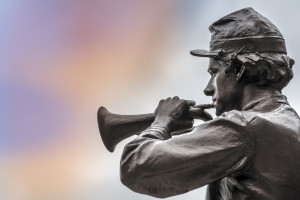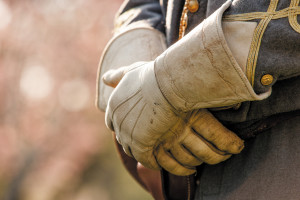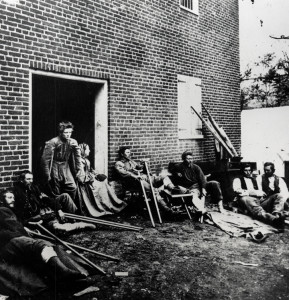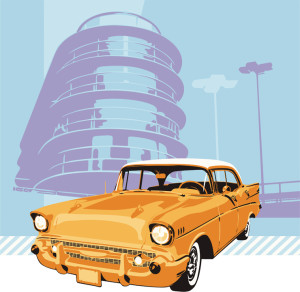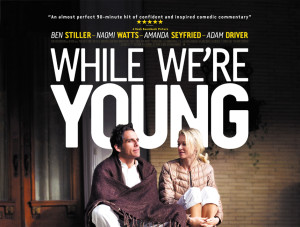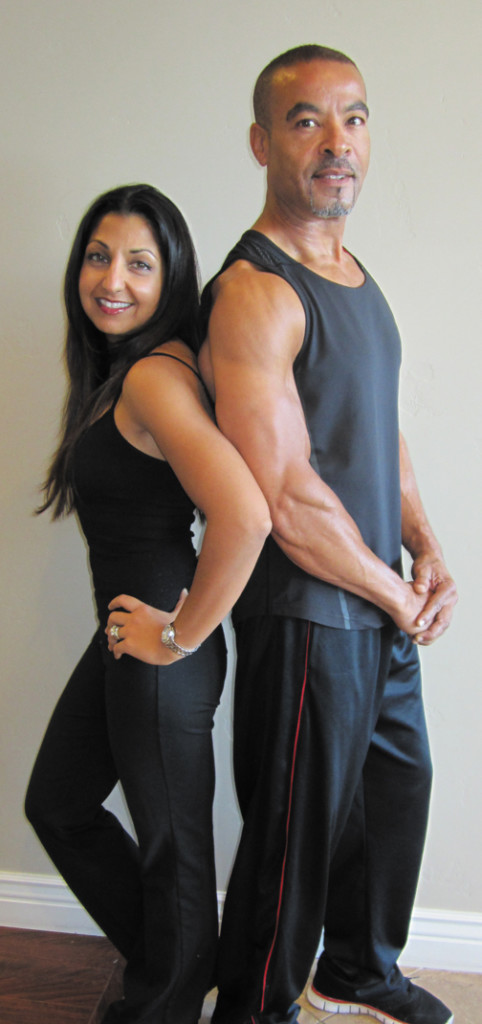Think for a moment about your typical day. Now consider your behavior in that day—every action and decision you make. On a scale of one to ten, with ten being perfection and one being absolute failure, how would you rate yourself in terms of performance? I’d have to admit that even on my best days I would have to rate myself a “five” at best.
What about laws? Do you ever use a cell phone while driving? I’d have to plead guilty here, how about you? Cell phone use causes six times more traffic accidents than drunk driving, with upwards of 6,000 fatalities annually, but we do it anyway. I won’t even ask if you always obey the speed limit, because we all know the answer to that one. Even though we know what we are supposed to do and how we ought to behave, rarely do we come near the bull’s eye of perfect performance.
Okay, so no one is perfect—not at work, at school or at home. So, what’s my point? It’s this: Why all the criticism today of law enforcement? Yes, there have been cases where police officers have betrayed their oath to uphold the law—some have even gone so far as to willfully commit crimes—but I would argue that such cases are very rare. While police officers are entrusted with significant power, by and large, 99% of them temper the exercise of that power because they understand the risk and broader implications of it better than anyone.
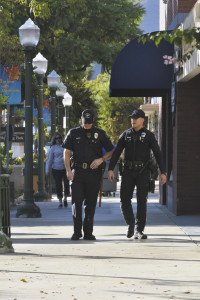 Take the recent riots in Portland and Seattle for example. Those police officers followed orders when I imagine the temptation to use force to halt the mayhem must have been palpable. Even as rocks and bottles and obscenities were hurled, all while being taunted and spat upon by a riotous crowd of anarchist thugs, the officers remained disciplined and did their duty. They didn’t use lethal force even as their own lives were being threatened.
Take the recent riots in Portland and Seattle for example. Those police officers followed orders when I imagine the temptation to use force to halt the mayhem must have been palpable. Even as rocks and bottles and obscenities were hurled, all while being taunted and spat upon by a riotous crowd of anarchist thugs, the officers remained disciplined and did their duty. They didn’t use lethal force even as their own lives were being threatened.
Again, I am not excusing cases where some abuse their position, but keep in mind that the majority of those behind the badge do an outstanding job— especially considering what they have to contend with on a day to day basis. And no one wants the “bad apples” out more than honorable police officers. Statistically, I’d bet that the job performance of the vast majority is well above that of many other professions.
Let’s remember that police officers are not robots. They are fallible human beings with the same emotions, weaknesses and faults as everyone else, that also just happen to be courageous enough to put their lives on the line every day for people they don’t even know—people like you and me. But because of their visibility in the most difficult of situations, police officers are targets for bogus claims of “brutality” and convenient scapegoats for manipulative politicians.
The next time we hear about some police officer making a tragic mistake, let’s not be so quick to jump on the blame bandwagon. Most of the time, and in most cases, the police deserve our respect, cooperation and admiration.
Why do you look at the speck of sawdust in your brother’s eye and pay no attention to the plank in your own eye? How can you say to your brother, ‘Let me take the speck out of your eye,’ when all the time there is a plank in your own eye? You hypocrite, first take the plank out of your own eye, and then you will see clearly to remove the speck from your brother’s eye.
Matthew 7:3-5

